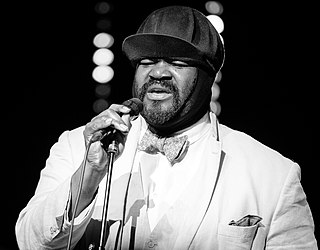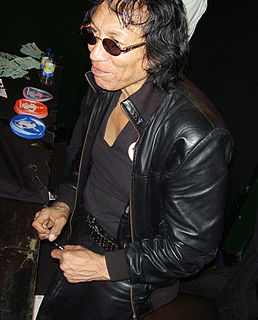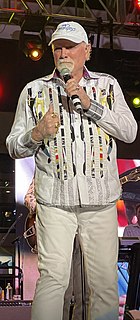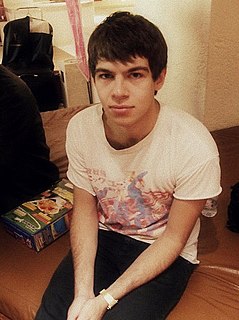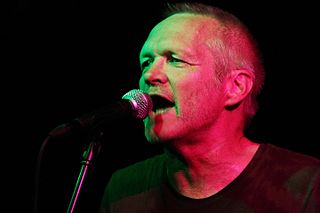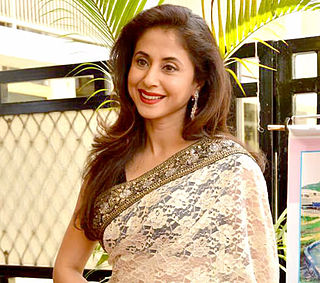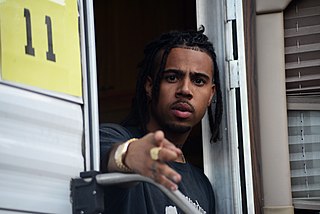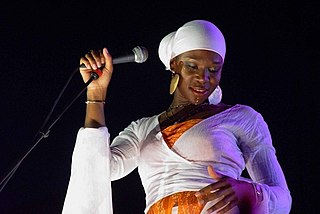A Quote by Gregory Porter
The protest songs of the 1960s and 70s managed to blend political and societal views with music from the heart.
Related Quotes
In the 1960s, people like Bob Dylan, his music and words were a threat to the society and mainstream of the time. It shook people alive, and directly and indirectly things changed. But, as I see it, the change is never through the music alone. It's also the circumstances around the music that will cause/create the effect. And sometimes it's just strictly accidental that a piece of music becomes a form of protest.
I remember 'The Shepherd's Dog' record being not necessarily a political record, but a reaction to socio-political situations in America. And it didn't manifest itself as protest or propaganda songs, but there's a lot of surreal imagery that was born out of really me being surprised Bush got re-elected in '04.
